Country focus on the Netherlands
Economic momentum driven by innovation
The Dutch economy is in good shape again. As the most competitive economy of the European Union and the fourth-most competitive economy of the world, the Netherlands has achieved its ambition to be among the top five most competitive economies by 2020. What’s more, the Netherlands is now an innovation leader on the European Innovation Scoreboard. Wilbert Schaap is programme coordinator for the international technology programmes ITEA 3 and ECSEL, and Dutch lead delegate in the H2020 ICT LEIT programme at the Directorate for Enterprise and Innovation of the Ministry of Economic Affairs and Climate Policy. Here he provides an insight into a country committed to enterprise and innovation built on a tradition of international trade and an eye for sustainability.
Upward investment curve
The 2017 Enterprise Policy Report that bears the title Navigating under full sail (alluding perhaps aptly to the Golden Age of Dutch trade, science, military prowess and art in the 17th century) refers to the technological developments, such as digitisation, that continue to appear at a dizzying pace. According to the CPB, the Netherlands Bureau for Economic Policy Analysis, the Netherlands is on course to grow by 3.3% in 2017. Wilbert Schaap is, not surprisingly, both proud and pleased with such figures. “Not only are we seeing a difference in terms of the facts and figures, the numbers and percentages, but the government’s top sector policy introduced a few years ago is really starting to pay dividends. There is plenty of evidence to suggest that this policy of concentrating on those sectors in which the Netherlands excels is having a significant impact on tackling societal challenges. That’s something that ITEA, which is also part of the Dutch top sector policy, has been doing very successfully for long time through its projects.”
A new golden age?
It’s not only our very good R&D and innovation, especially in areas like agrifood, high-tech systems and materials but also our digital infrastructure, human capital, our markets and regulatory environment together produce a picture that could be heralding a new golden age,” Schaap suggests. In June 2017, the Netherlands was up to third (from ninth) on the Global Innovation Index – just behind Switzerland and Sweden - and was also doing better in terms of committing 2.03% of its GNP (Gross National Product) to R&D investment (almost 14.3 billion euros annually) while the share of spending by companies was also up to around half of all R&D spent. “But, of course, we’re not quite where we want to be yet,” Schaap adds, “because our aim is to get the R&D investment figure up to 2.5% by 2020. It won’t be easy but since we have come from 1.9% in 2011, the good news is that it is still going up. And we need programmes like ITEA to stimulate companies and research institutions to take up more R&D activities.”
DNA
The report states that sustainability is not an option but a necessity and that strong international competition is spurring the Netherlands to keep on innovating, “with no time for slacking.” The evidence of this is apparent in 13 quarters of uninterrupted economic growth. Schaap attributes much of the success to the Dutch DNA that is implicit in a nation built on consensus – the polder model. “Collaboration is key. We realised centuries ago how important it was to collaborate. If we hadn’t worked together, we couldn’t have built our world-renowned dikes that have managed to keep the North Sea from flooding our delta lands! And it is the same kind of spirit of partnership that is evident today in the open innovation environment of places like the High Tech Campus (HTC) in Eindhoven, which proudly lays claim to being the world’s most intelligent square kilometre. It is not without reason,” Schaap says, “that ITEA chose to locate its office at the heart of this campus where collaboration really does take place on a daily basis.”
Pooling resources
We need these kind of collaborative R&D programmes and projects working on such important areas to secure the future for our industry and society, and our planet
We need these kind of collaborative R&D programmes and projects working on such important areas to secure the future for our industry and society, and our planet
Referring again to the government’s top sector policy, Schaap says of the goals that it is essential “to ensure that universities, knowledge institutions, RTOs, companies and government cooperate very closely on innovation, trade/export and human capital, with the right people with the right skills in the right places in order to tackle our societal challenges. In terms of innovation, we have very clear targets – we want to get the total corporate R&D investment in the field of High Tech Systems and Materials up to five billion euros by 2025. We are heading in the right direction. We are the smallest of the large countries or the largest of the small countries – it depends which way you look at it. Our annual dedicated budget for international R&D support in the field of High Tech Systems and Materials is 40 million euros – split 50-50 for the EUREKA cluster programmes ITEA 3 and PENTA and for ECSEL. By investing in international R&D cooperation and pooling resources beyond borders, significant gains can be made in efficiency and effectiveness.”
Innovators and entrepreneurs
The structural economic recovery has also been boosted by the Dutch government’s enterprise policy that has created the conditions for entrepreneurs to innovate and grow in recent years. There are now fewer direct business grants, more generic innovation incentives and more self-recouping financial inducements such as credits and guarantees. “The idea is to promote sustainable economic growth by improving earning capacity and tackling societal challenges. Through the vehicles of innovation and entrepreneurship,” Schaap explains. The policy also aims to help get access to capital market financing, to create a favourable business climate, attract foreign investment and reduce regulatory pressure. “And in this whole process we want to make use of the opportunities for digitisation and sustainability. ICT innovations are relevant for renewal in (top) sectors, for societal challenges and for the earning power of the Netherlands as a data-driven, versatile economy. Our multiannual ICT Knowledge and Innovation Agenda has been updated with a focus on innovation opportunities for big data, digitalisation, cyber security, artificial intelligence, blockchain and 5G communication,” Schaap reveals.
Economic Affairs and Climate Policy
“And if we look at these topics, we see that these are all issues that ITEA has been targeting for years. We need these kind of collaborative R&D programmes and projects working on such important areas to secure the future for our industry and society, and our planet, of course. It is important also that the initiatives we take in the Netherlands should be aligned with those in Brussels, through the European Commission and FP9 for example, because once again, it is only by working together that we will be able to solve the major societal challenges. Totally in line with ITEA’s happiness objective he adds, “We’re all in it together and we all have a stake in the future of our society, industry and planet. This is borne out by the recent change of name of the Ministry of Economic Affairs to include Climate Policy. The things we are striving to achieve, such as prosperity, wellbeing and quality of life, must be realised not only together but in a sustainable way. That’s where the technological innovations that are produced in programmes like ITEA can ensure that our production, farming, healthcare, energy supply and other key aspects of life are affordable and sustainable. And in all these areas we are seeing how innovations like digitisation and artificial intelligence are helping to overcome our societal challenges.”
Other chapters
Use the arrows to view more chapters
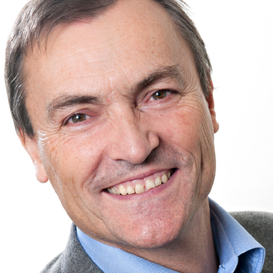
Editorial
By Philippe Letellier
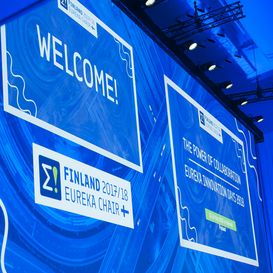
The power of collaboration gives Helsinki an extra shine
EUREKA Innovation Days & ITEA Event 2018
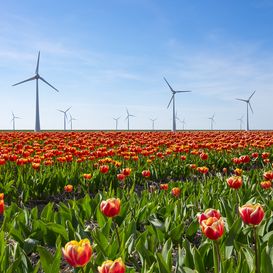
Country focus: the Netherlands
Economic momentum driven by innovation
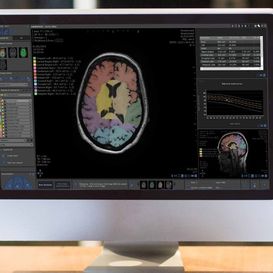
Country focus: the Netherlands - Quantib
The SME leading the way into the future of radiology
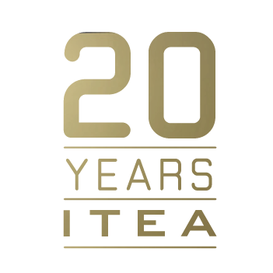
20 years of ITEA
The inside track on Smart Communities
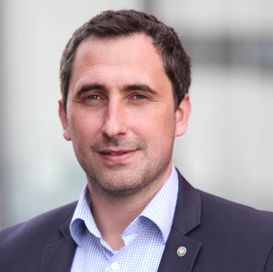
Community Talk with Martin Benedikt
… being part of a winning team
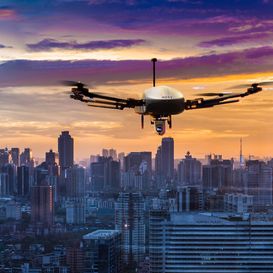
End user happiness HI-RISE
A new chapter for Unmanned Aircraft Vehicles
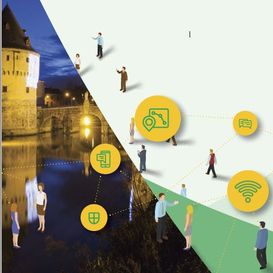
Smart Communities challenges: can you solve them?
Results of the ITEA customer workshop
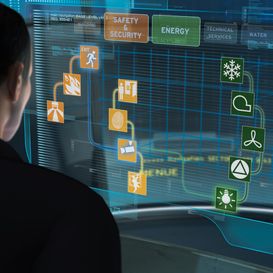
BaaS Success Story
Blueprint for Building Automation and Management ecosystems

20 years of ITEA
How ITEA projects changed today’s society with their innovations
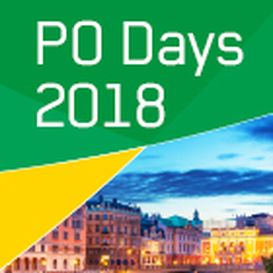
ITEA Project Outline Preparation Days 2018
Celebrate 20 years of impact in ITEA and become part of the ITEA future!
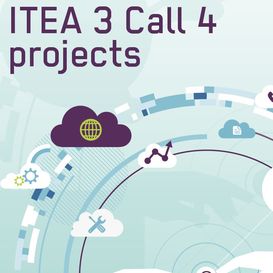
ITEA 3 Call 4 projects
ITEA’s 20th Call shows ITEA has found the recipe that nourishes the whole innovation community

